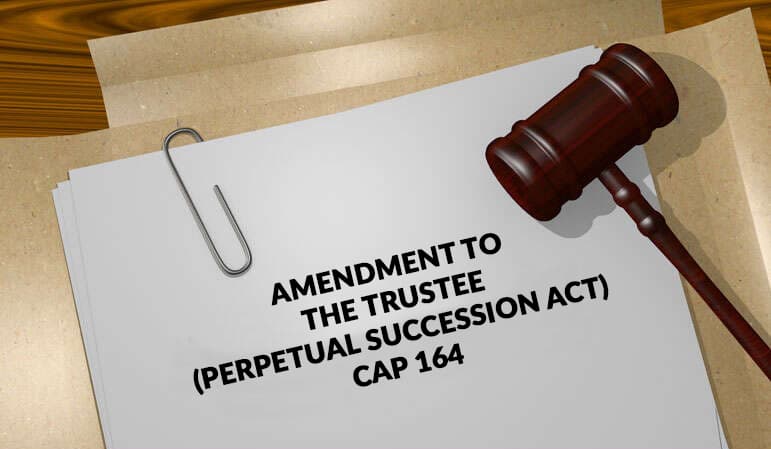The Companies Act (2015) defines “shares” in the following diverse ways:
(a) in relation to an undertaking with a share capital, means shares in the share capital of the undertaking;
(b) in relation to an undertaking with capital but no share capital, means rights to share in the capital of the undertaking; and
(c) in relation to an undertaking without capital, means interests—
(i) conferring a right to share in the profits, or the liability to contribute to the losses, of the undertaking; or
(ii) giving rise to an obligation to contribute to the debts or expenses of the undertaking in the event of a liquidation;
Most companies have only one class of shares: ordinary shares, which are also known as equity securities. Ordinary shares under the Act mean shares other than shares that, with respect to dividends and capital, confer a right to participate only up to a specified amount in a distribution.
It is therefore possible for a company to have different classes of shares. Attached to these different classes of shares in the company are different rights conferred in relation to voting, participation in dividends, attendance of meetings amongst other entitlements. The conferment of rights is done to achieve different goals and may include: attracting a particular investor or to protect founder rights.
In addition, companies also create different share classes for these varied reasons:
- To keep control of the company and retain strategic decision-making (usually by founder members)
- To attract investment
- To direct dividend income to certain shareholders and determine income distribution patterns
- To retain voting rights to a powerful group of shareholders and restrict voting to another class
- To motivate and retain employees
- To defend against hostile takeovers
TYPES OF SHARES
Ordinary shares: Most companies have only ordinary shares. These shares are defined in the Companies Act as “shares other than shares that, with respect to dividends and capital, confer a right to participate only up to a specified amount in a distribution”. This means that this class of shares enjoys all the rights that would otherwise accrue by virtue of one holding a stake in a company with regard to participating in dividends, voting and other rights which accrue to a shareholder without limitation. Holders of ordinary shares usually have a right to receive notice of and attend meetings, vote at general meeting subject to amounts unpaid on their shares and are entitled to the residue of the company on winding up.
Non-voting shares: these shares carry no voting rights. A person holding these shares would be allowed to attend meeting and receive dividends but would not be allowed to vote at general meetings or on any circulated or written resolutions. These shares are usually issued to employees, so that some of their remuneration can be paid as dividends, which can be more tax-efficient.
Redeemable shares: are shares issued on terms that the company will, or may, buy them back at some future date. The redemption date may be fixed, or be at the shareholder’s or directors’ discretion
Preference shares: these shares have a preferential right to dividends as compared to ordinary shares. Additionally, the claim from holders of preference shares is prioritized during insolvency. The preference shares may be entitled to a fixed or cumulative dividend. expressed as a percentage of the nominal (par) value of the share.
In some instances, the different classes of shares are identified using letters of the alphabet, that is: class ‘A’; class ‘B’ class ‘C’ and so on. What matters is the rights attaching to the different classes created. Both usually have the same right to a company’s profits. The main difference is in voting rights.
Voting rights can be structured in many different ways for instance, in some companies, Class A carries more voting rights than those of class B. While important decisions such as dissolution of the company or mergers call for majority votes of all classes of shares, other fundamental decisions such as appointment of directors or changing strategic operations can be decidedly a preserve of class A as opposed to class B.
At all times, companies must pass a special resolution where it is considered necessary to create such classes of shares as may impact the shareholders equally.
In creating such alternate class of shares either A, B or C, a company may need to consider the following to accomplish one or both of two things:
- Determine who has voting rights over the company, and ensure that the existing owners can keep control despite putting shares of ownership on the public market;
- Determine who has first call on the company’s profits and assets
How can we assist you?
At Netsheria International, we have an experienced team of lawyers who can offer you legal assistance in redesigning your articles of association and shareholders’ agreements to create different classes of shares for your business. Please contact us for our services at law@netsheria.com or visit our website at https://netsheria.com/ for more information on our services.






